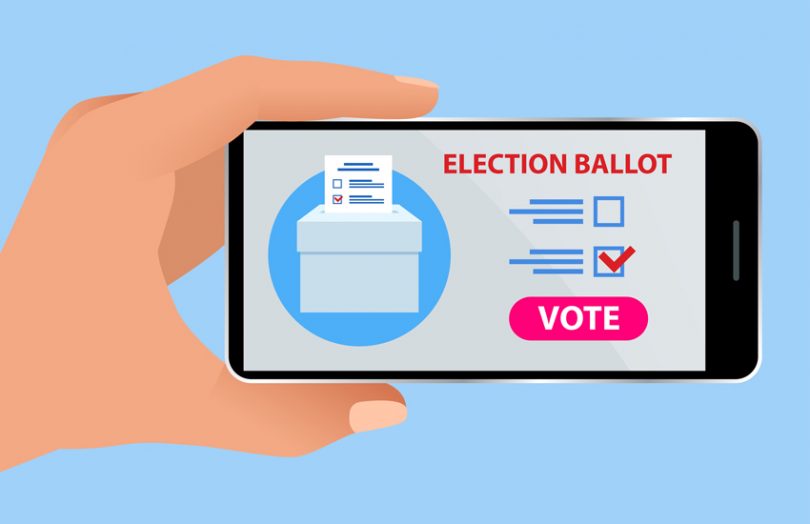On 5 November 2020, Japanese blockchain startup LayerX announced its collaboration with Tsukuba City Council to develop a blockchain-based electronic voting solution. This is in conjunction with Tsukuba Councils’ efforts to be one of Japan’s first local governments to promote city-wide digitization.
LayerX has developed an electronic voting protocol that promises ballot-counting transparency and confidential voting. The protocol meets the requirements of Japanese legislation on electronic voting systems which legalized some local government voting. The solution prevents double voting, securely stores the votes, and manages records and voting results. The blockchain will allow for later verification of these votes, to demonstrate that the voting information was correctly collected. Additionally, Layer X plans to help the council with technical issues related to the digital transformation of other administrative services.
In Japan’s Ibaraki Prefecture, Tsukuba City aims to become a ‘smart city,’ looking to innovative technologies to achieve this goal. It seeks technological solutions in various fields, ranging from infrastructure and administration to medicine.
Speaking of the collaboration, Tsukuba City Council commented: “We are aiming to realize a “Tsukuba Smart City” that is formed by linking technology and measures that correspond to it. We expect that the council’s efforts will be accelerated by the participation of LayerX.”
Being able to vote through remote means has become increasingly popular, especially with the advent of COVID-19. Electronic voting has already been experimented with by a multitude of countries, with Estonia taking the lead as early as 2005. Over half of Estonia’s citizens now vote from home, but electronic voting has not yet been fully realized despite Japan’s otherwise technological excellence.
Electronic voting isn’t necessarily guaranteed to be a smooth process. Earlier this year, Russia’s blockchain voting system crashed shortly after it went live due to peak load, although it was quickly restored. Separately, it was reported some Russian electronic voting data was for sale.
Voatz has created a blockchain voting system that has been used during U.S. party conventions. But MIT questioned the security of an old voting app version, which Voatz said had been fixed.
And Recently, the United States Postal Service applied for a blockchain-based voting system patent. The system aims to ensure election results have not been compromised, with blockchain able to securely track the necessary data to confirm that the electronic vote remains unaltered. Given the current controversy of remote voting in the U.S., the question is whether blockchain-based solutions may be able to provide a real solution to counter claims of remote-voting fraud.






